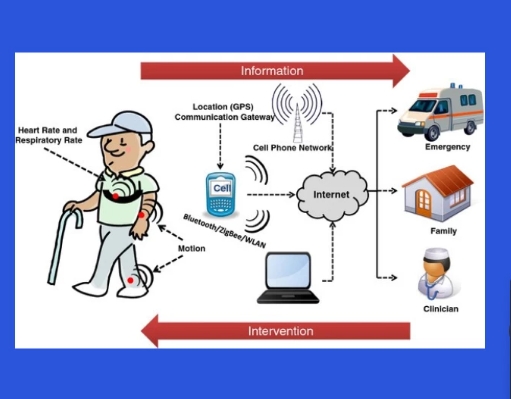Health monitoring systems have come a long way in recent years, constantly evolving to better meet the needs of patients and healthcare providers. With advances in technology and a focus on patient-centered care, the future of health monitoring systems is brighter than ever.
Real-time data collection
One of the most significant advancements in health monitoring systems is the ability to collect real-time data on a patient’s health status. With the use of wearable devices and smart sensors, healthcare providers can track vital signs, medication adherence, and even detect early warning signs of potential health problems.
Personalized treatment plans
By analyzing the data collected from health monitoring systems, healthcare providers can create personalized treatment plans for each patient. This allows for more targeted and effective interventions, leading to better health outcomes and improved patient satisfaction.
Remote monitoring options
Health monitoring systems also offer the ability for patients to be monitored remotely, without the need for frequent visits to a healthcare facility. This is particularly beneficial for patients with chronic conditions or those who live in rural areas, providing access to care when and where they need it.
Improved communication between patients and providers
With the use of health monitoring systems, communication between patients and healthcare providers has become more seamless and efficient. Patients can easily share their health data with their providers, leading to more informed decision-making and better coordination of care.
Enhanced patient engagement
Health monitoring systems also have the potential to increase patient engagement in their own health management. By providing patients with access to their health data and encouraging them to take an active role in their care, these systems can empower patients to make healthier choices and better manage their conditions.
In conclusion, the future of health monitoring systems is bright, with advancements in technology revolutionizing patient care. By collecting real-time data, creating personalized treatment plans, offering remote monitoring options, improving communication, and enhancing patient engagement, these systems are changing the way healthcare is delivered. As we continue to innovate and improve upon these systems, we can expect to see even greater improvements in patient outcomes and overall healthcare quality.

